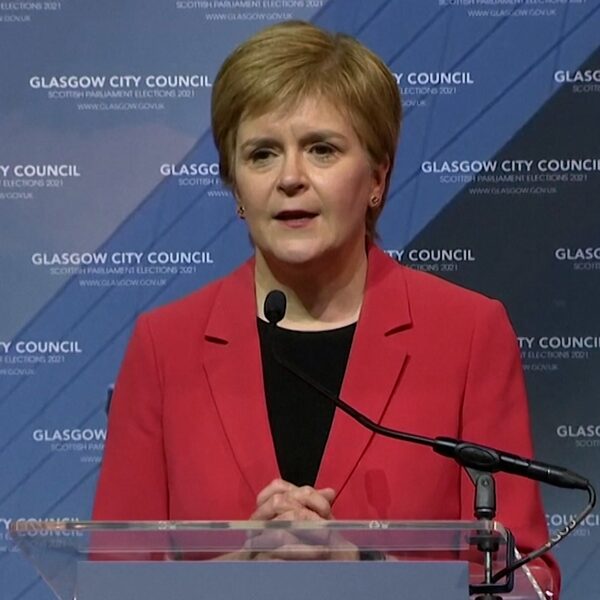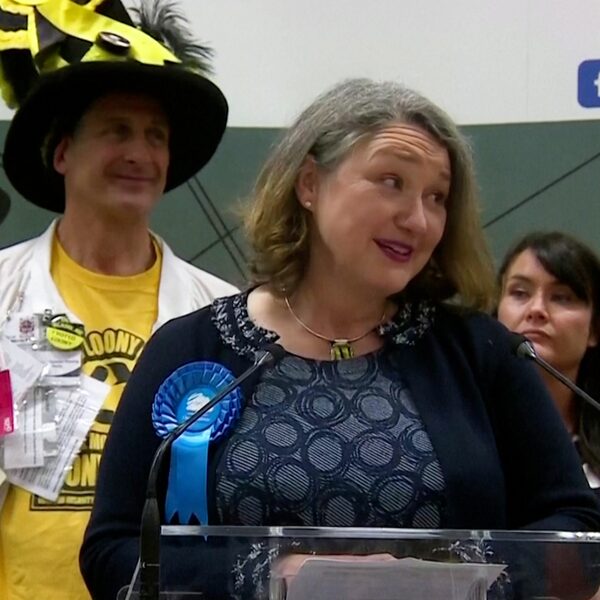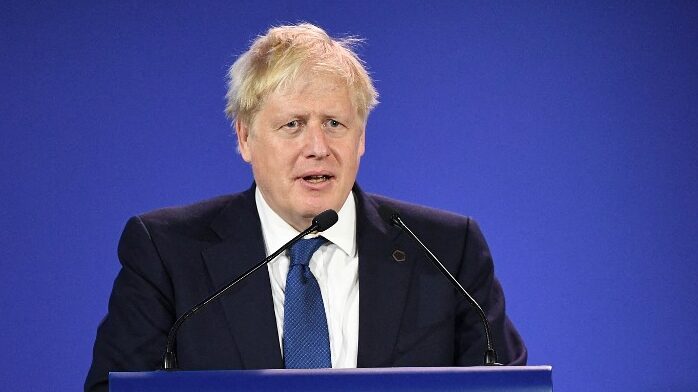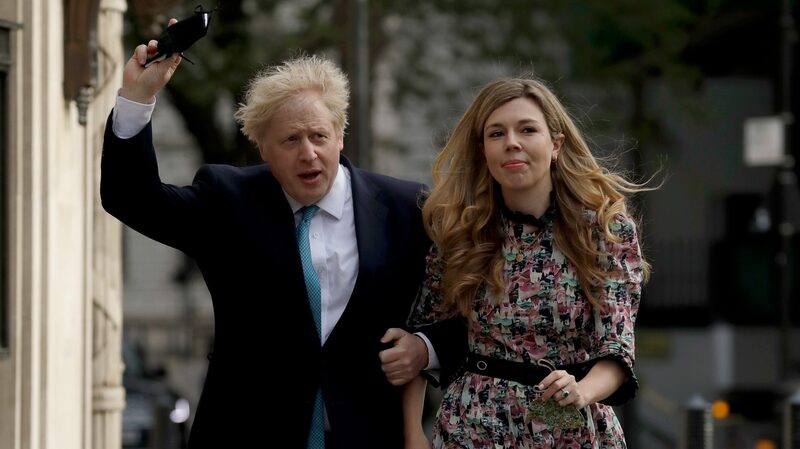Results from the UK’s recent local elections have set the stage for significant political shifts, particularly concerning the future of the United Kingdom. The Scottish National Party (SNP), led by Nicola Sturgeon, secured a strong performance, fueling calls for a second Scottish independence referendum.
Scottish National Party’s Strong Showing
The SNP achieved a fourth consecutive term in power with 64 seats in the Scottish Parliament, just one seat short of an outright majority. Nicola Sturgeon hailed the results as “historic and extraordinary,” asserting a clear mandate to pursue “indyref2,” a second referendum on Scottish independence. While emphasizing the priority of addressing the COVID-19 pandemic, Sturgeon stated that when the time is right, the SNP will offer voters the choice on the nation’s future.
Background on Scottish Independence
The prospect of another referendum comes after the 2014 vote, where Scots chose to remain part of the UK by a margin of 55% to 45%. The renewed push for independence reflects ongoing debates about Scotland’s place within the UK, amplified by Brexit and differing political priorities.
UK Government’s Response
Prime Minister Boris Johnson has expressed opposition to a new referendum, deeming it “irresponsible and reckless” in the current context. In an effort to promote unity, Johnson has invited the leaders of Scotland, Wales, and Northern Ireland to a “Team UK” summit focused on collective efforts against COVID-19. Michael Gove, the minister responsible for upholding the union, urged the SNP to concentrate on pandemic recovery rather than constitutional debates.
Contrasting Outcomes in Wales
In contrast to Scotland, Wales saw the nationalist party Plaid Cymru secure 13 seats, falling short of a majority in the Senedd (Welsh Parliament). The Conservatives made notable gains, becoming the second-largest party, suggesting a different stance on independence compared to Scotland.
London Mayoral Race
Sadiq Khan was re-elected as Mayor of London, though with a narrower margin than anticipated. Facing a run-off against Conservative candidate Shaun Bailey, Khan ultimately won by over 228,000 votes. The closer-than-expected race indicates a competitive political environment in England’s capital, reflecting broader national trends.
The local elections across the UK highlight regional differences and set the stage for potential constitutional changes. As Scotland contemplates a future referendum, the unity of the United Kingdom faces renewed challenges, with implications that extend beyond its borders.
Reference(s):
UK local elections – what do results mean for United Kingdom's future?
cgtn.com








